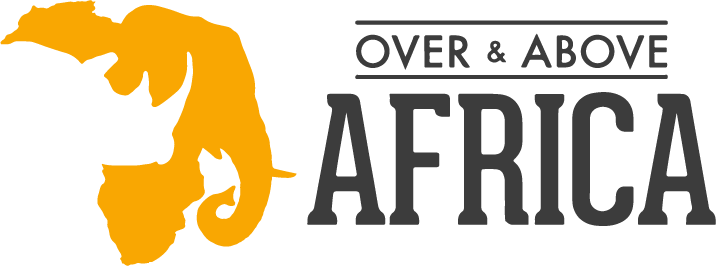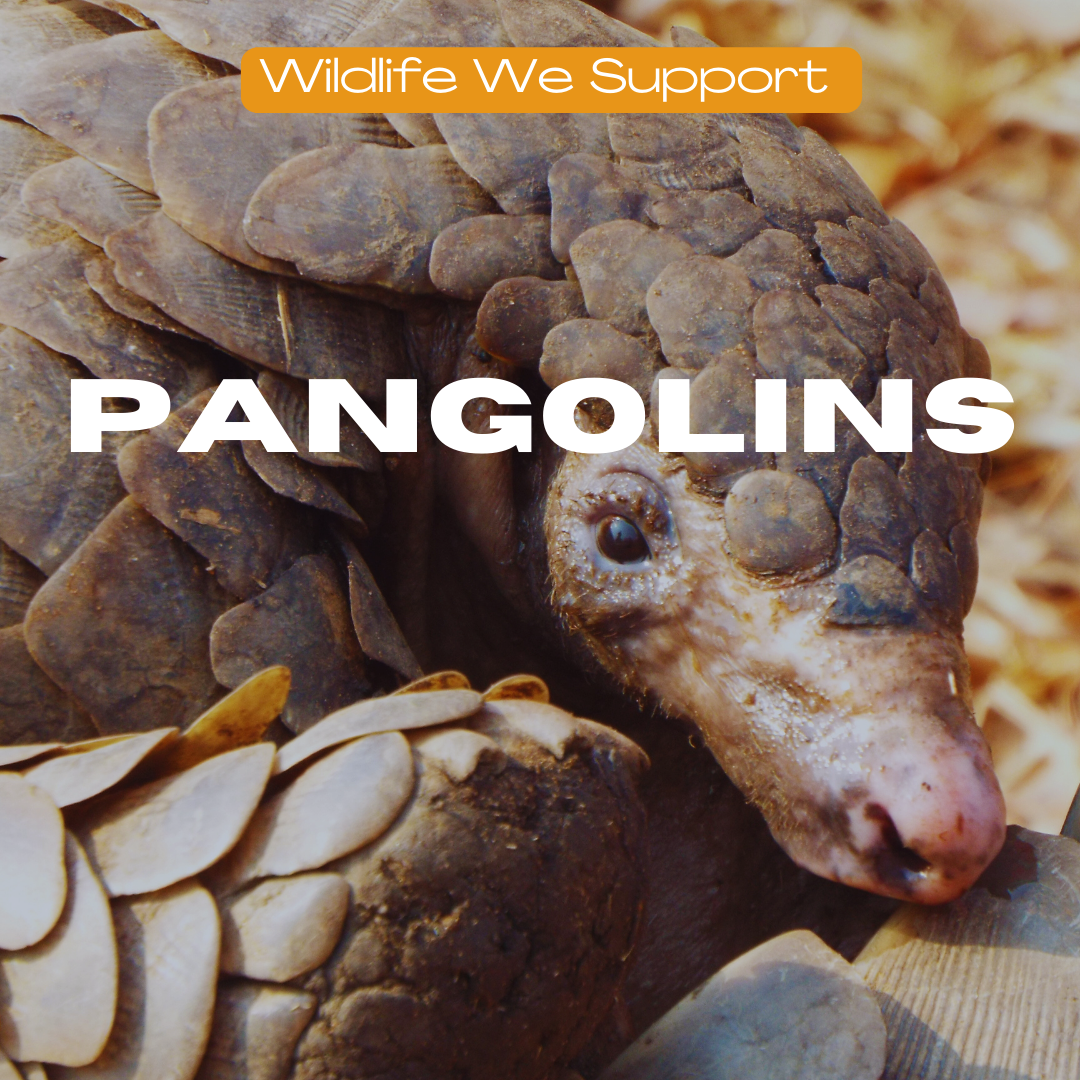Step into the world of wildlife conservation, and you'll quickly encounter a paradox. On one hand, we celebrate the incredible diversity of our planet's creatures, while on the other, we're faced with the harsh reality of illegal wildlife trafficking. Among the many victims of this clandestine trade, one stands out – the pangolin. In this blog post, we invite you to explore the enigmatic world of pangolins and the pressing question: why are these gentle creatures poached and trafficked?
Pangolins: A Natural Wonder
Before we delve into the reasons behind pangolin trafficking, let's get to know these extraordinary animals a little better.
The Pangolin's Mystique
Pangolins, often referred to as "scaly anteaters," are one of the most unique creatures on Earth. Their enchanting features include:
Armor-Like Scales: Pangolins are equipped with an armor of overlapping scales made of keratin. These scales not only protect them from predators but also make them resemble mythical creatures from a bygone era.
Insectivorous Appetite: Their diet consists primarily of ants and termites, which they skillfully capture using their long, sticky tongues.
Nocturnal Wanderers: Pangolins are creatures of the night, rarely seen during daylight hours. Their elusive nature adds to their mystique.
Now, let's uncover the sobering truth: why are these fascinating animals relentlessly hunted and trafficked?
The Pangolin's Plight: Demand and Myths
Pangolins have become the unfortunate victims of a perfect storm – a convergence of factors that has pushed them to the brink of extinction.
1. Traditional Beliefs and Myths:
For centuries, pangolins have been steeped in traditional beliefs across various cultures, particularly in Asia and Africa. Here are some common myths:
Medicinal Properties: Pangolin scales are believed to possess medicinal properties in some traditional Asian medicine systems, despite no scientific evidence to support this.
Status Symbol: The rarity of pangolins has turned them into a status symbol in some regions. Consuming pangolin meat is considered a delicacy and a symbol of affluence.
Protective Amulets: Pangolin parts, such as scales and claws, are used to make protective amulets, further driving demand.
2. Illegal Wildlife Trade:
The pangolin trade operates in the shadows, driven by a combination of factors:
High Profits: Pangolins are highly profitable in the black market, fetching thousands of dollars per kilogram.
Weak Legal Penalties: Lenient penalties for wildlife trafficking in many countries make it a low-risk, high-reward activity for poachers and traffickers.
Global Network: The illegal trade spans across borders, making it difficult to track and control.
Pangolins on the Brink: Conservation Challenges
As we're discovering, pangolins face a multifaceted threat. But what makes their conservation so challenging?
1. Elusiveness:
Pangolins are elusive creatures, primarily active at night and often buried deep within forests. This makes them difficult to study and protect effectively.
2. Inadequate Legal Protections:
In many regions, legal frameworks for pangolin conservation are inadequate, and law enforcement often struggles to combat trafficking effectively.
3. Global Demand:
The global demand for pangolin products continues to fuel the illegal trade, driving poaching efforts across Africa and Asia.
4. Habitat Loss:
Deforestation and habitat loss further threaten pangolin populations by reducing their natural habitats and food sources.
Hope on the Horizon: Conservation Efforts
While the challenges are daunting, there is a glimmer of hope. Around the world, dedicated individuals, organizations, and governments are working tirelessly to protect pangolins and curb the illegal trade. Here are some inspiring initiatives:
1. Awareness and Education:
Educational campaigns are dispelling myths and raising awareness about the pangolin's importance in ecosystems and the need for their protection.
2. Strengthening Laws:
Many countries are enacting stricter laws and penalties against wildlife trafficking, making it a riskier endeavor for poachers and traffickers.
3. Rescue and Rehabilitation:
Rescue centers and sanctuaries are dedicated to rehabilitating and releasing confiscated pangolins back into the wild.
4. Habitat Preservation:
Efforts are underway to protect and restore pangolin habitats, ensuring they have a safe environment in which to thrive.
5. International Collaboration:
Countries are working together to combat the illegal pangolin trade, sharing intelligence and resources.
Protecting Pangolins, Protecting Biodiversity
In conclusion, the poaching and trafficking of pangolins represent a complex issue with deep-rooted cultural and economic factors. However, with global awareness, strengthened laws, and dedicated conservation efforts, we have the power to reverse their decline and protect these incredible creatures.
Every pangolin saved is not just a victory for conservation but also a step toward preserving the rich tapestry of biodiversity that makes our planet so special. Let us work together to ensure that these gentle, scaly creatures continue to roam the wild for generations to come. The fate of pangolins is intertwined with the broader struggle to protect the natural world, and in their survival, we find hope for a brighter future for all of Earth's inhabitants.
Kerry David is an award-winning filmmaker and passionate animal advocate.
After learning about the devastating effects of global poaching and human/wildlife conflicts in Africa (the loss of natural habitat due to human encroachment), Kerry launched Over and Above Africa and fulfilled a lifelong promise to advocate for endangered species, and support the communities they impact.
She combines her love of storytelling with her affection for endangered wildlife by filming each project Over & Above Africa funds. These mini-documentaries are created for members and donors to see the positive impact their generosity has at ground zero. She hopes to expand awareness of this growing crisis and encourage global participation!




